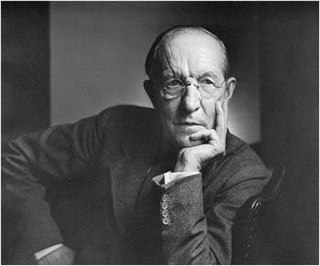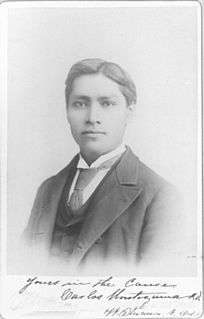A Quote by Henry Paulson
As the Indian government has embraced greater economic openness, the creativity and expertise of the Indian workforce has been unleashed onto the world economic stage.
Related Quotes
When we liberate the economic potential of women, we elevate the economic performance of communities, nations, and the world... There is a stimulative and ripple effect that kicks in when women have greater access to jobs and the economic lives of our countries: Greater political stability. Fewer military conflicts. More food. More educational opportunity for children... By harnessing the economic potential of all women, we boost opportunity for all people.
I had an Indian face, but I never saw it as Indian, in part because in America the Indian was dead. The Indian had been killed in cowboy movies, or was playing bingo in Oklahoma. Also, in my middle-class Mexican family indio was a bad word, one my parents shy away from to this day. That's one of the reasons, of course, why I always insist, in my bratty way, on saying, Soy indio! - "I am an Indian!"
To many, Indian thought, Indian manners; Indian customs, Indian philosophy, Indian literature are repulsive at the first sight; but let them persevere, let them read, let them become familiar with the great principles underlying these ideas, and it is ninety-nine to one that the charm will come over them, and fascination will be the result. Slow and silent, as the gentle dew that falls in the morning, unseen and unheard yet producing a most tremendous result, has been the work of the calm, patient, all-suffering spiritual race upon the world of thought.
Some people continue to defend trickle-down theories which assume that economic growth, encouraged by a free market, will inevitably succeed in bringing about greater justice and inclusiveness in the world. This opinion, which has never been confirmed by the facts, expresses a crude and naive trust in the goodness of those wielding economic power and in the sacralized workings of the prevailing economic system.


































